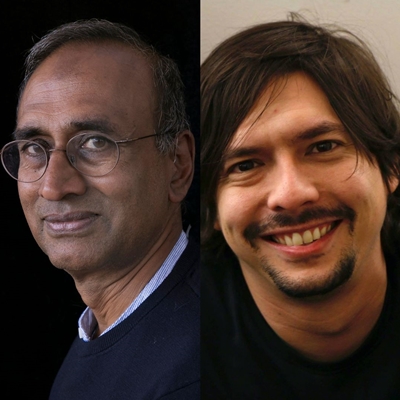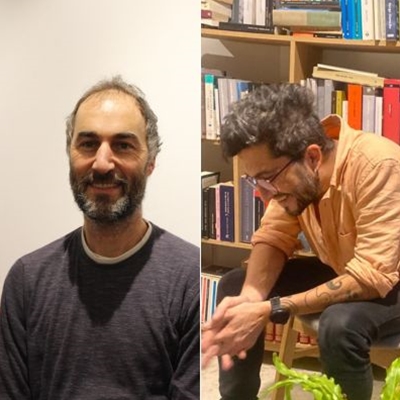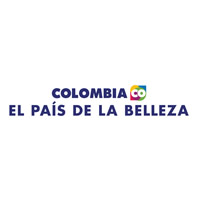Hay Festival Cartagena 2023
Welcome to the Hay Festival Cartagena de Indias 2023 programme, to be held from 26 to 29 January. In this page you can find the events in the general programme as well as Hay Joven activities tor university audiences, Hay Comunitario sessions which will take place in different areas of Cartagena, Reading Clubs and Talento Editorial.
The tickets of the general programme and reading clubs are on sale for in person events. If you wish to register to see the live streaming of events, please select the option "Register to watch online" when this option is available. Hay Joven, Hay Comunitario and Talento Editorial are 100% in person and free of charge.
If you have any issues regarding the payment of your tickets, please contact us at tickets@hayfestival.org or at +57 317 516 55 13.
If you are a students a wish to request free tickets, you can write to us at estudiantes@hayfestival.com.
If you have any general questions, you can find us at contacto@hayfestival.org.
Event 49
Lecture by Anil Seth
Centro de Convenciones (Salón Barahona)
Read moreAnil Seth is a British scientist who works in research into the biology of consciousness. He a Professor of Neuroscience at the University of Sussex in the United Kingdom, and is Co-director of the Sackler Centre for Consciousness Science, and the Brain, Mind and Consciousness programme run by the Canadian Institute for Advanced Research. His most recent publication is Being You (2021), an impressive work of non-fiction that deals with the mental construction that we identify as “ourselves”, starting with the biological basis of neuronal fabric and its functions, motivated by that great mystery which modern science is seeking to resolve: what is consciousness and where does it come from?
Anil Seth will participate in this event digitally.
Simultaneous translation from English to Spanish available

Event 53
Venki Ramakrishnan in conversation with Carlos Serrano
Centro de Convenciones (Auditorio Getsemaní)
Read moreVenki Ramakrishnan (India/United States) won the 2009 Nobel Prize for Chemistry for his work on molecular biology, which includes studies into the advanced compression of the atomic structure of the ribosome, the so-called “mother of all molecules”. He covered this topic extensively in his book Gene Machine. He has recently written Why We Die: The New Science of Ageing and the Quest for Immortality. At this event he will talk about these two works with Carlos Serrano.
Simultaneous translation from English to Spanish available
Sponsored by DOW

Event HJ25
Eduardo Romero García in conversation with Josef Amón Mitrani
Museo Mapuka - Universidad del Norte (Barranquilla)
Read moreWith the support of Acción Cultural Española (AC/E)

Explore All Genres
- Afrodescendencias
- Latin America
- South to South
- Art
- Arts & Culture
- Children
- Classics
- Crime
- Culture
- Drawing
- Economics
- Equality
- Film
- Gender
- Health
- Heritage
- History
- Human Rights
- Indigenous Cultures
- Journalism
- Life
- Literature
- Lviv BookForum
- Medicine
- Memoir
- Music
- Nature & Environment
- Philosophy
- Politics
- Psychology
- Science
- Thinking
- World Affairs
- Young Adult





